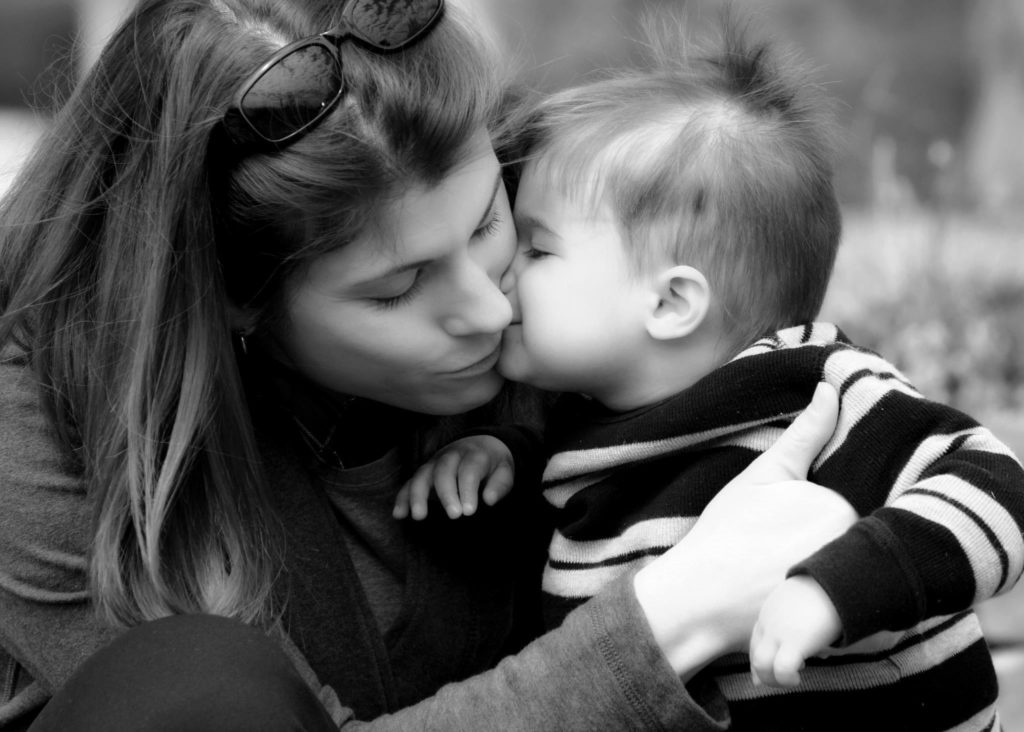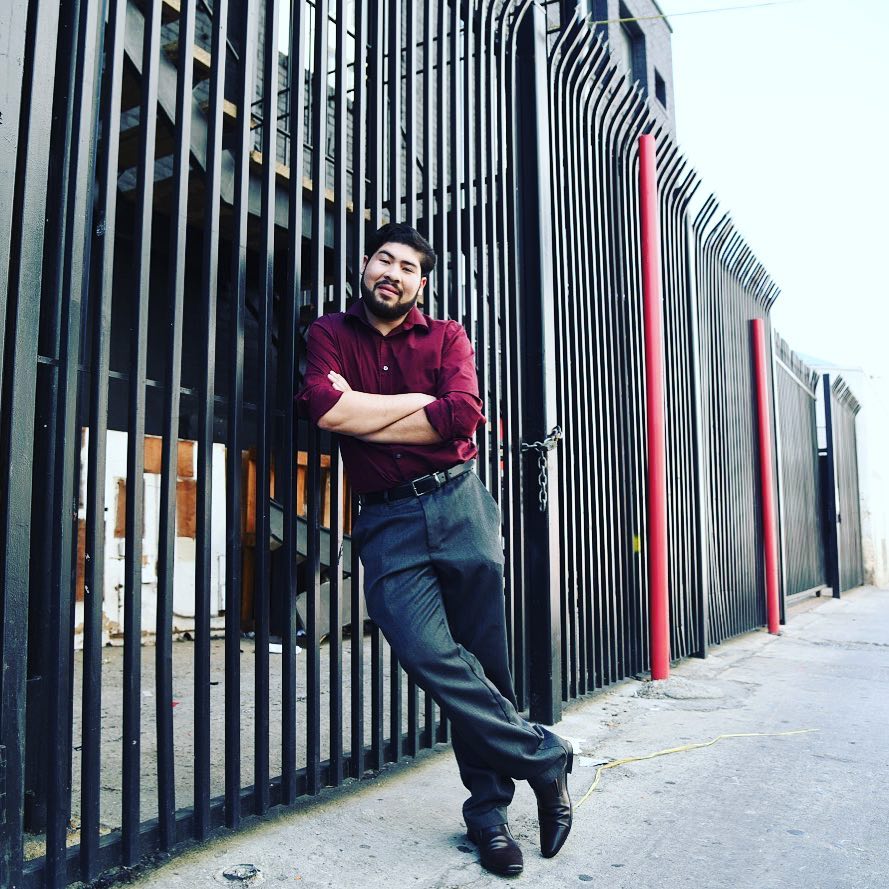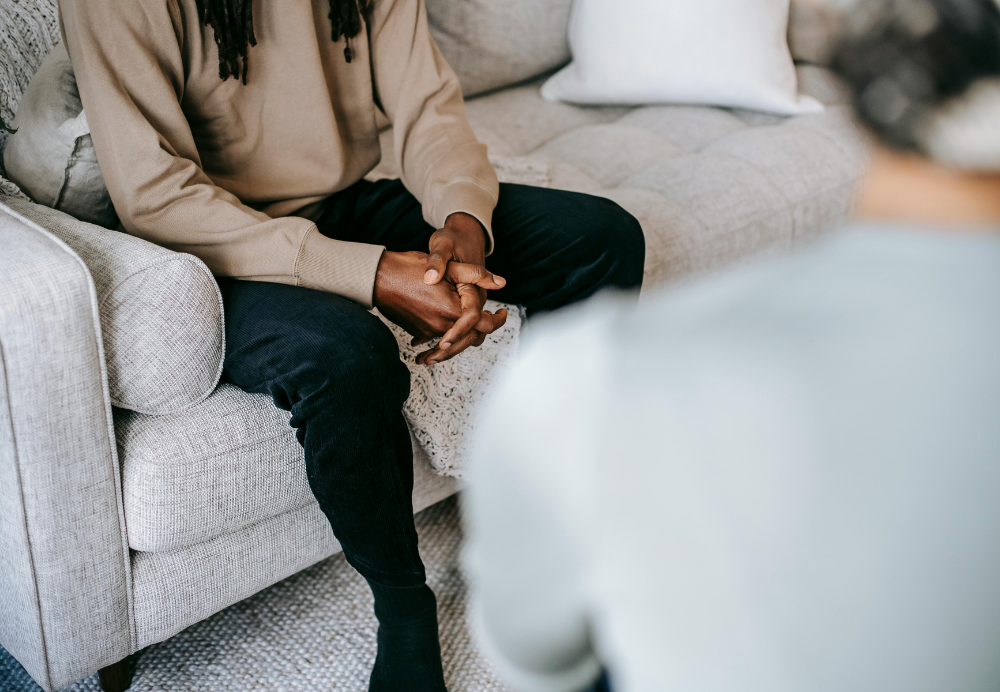Originally published February 28, 2021 on The Negative Space
My husband is one of the 30 million Americans living with a rare disease.
Fanconi anemia (FA) has no color recognizable by the general public. You can’t buy cereal or water bottles or winter hats at your local Target to support its cause. Professional athletes don’t wear colorful sneakers to raise awareness on its behalf.
Upon hearing about Fanconi anemia for the first time, well-meaning people searching for something with which to connect, pounce on the word “anemia,” making comments about how iron pills should probably help and how their uncle was once anemic, but is now doing just fine.
Even medical professionals are often unaware of the disease, though some remember the one question on their board exams that mentioned it.
Ten years into being a caregiver for a person with Fanconi anemia, I can say without a doubt that I am grateful that this disease is rare. The effects of FA are devastating, and I don’t want the numbers of people who live with it to be any larger than they currently are.
Yet there are ways in which caregiving, an already incredibly challenging role, is made even more difficult when your person’s disease is rare.
All those cereal boxes, water bottles, and NBA sneakers raise funds. Funds for research and resources so that treatments can be improved upon, medical centers can be well-equipped, and family support can be provided.
By contrast, in the rare disease community there is more pressure on the families to organize fundraisers if they want to move the needle towards a cure. Holiday letter appeals are written, 5ks and bake sales are organized — all on top of caregiving for the person living with the disease. Even when beautifully executed, these grass roots appeals can fall on deaf ears due to lack of awareness of the disease. I mean, how expensive can a few iron pills be after all?
In addition to funds, it can be hard to gather support or even a level of sympathy when the people in your life have no reference point for the disease with which your family is living. If I was to say to a new colleague or neighbor that my husband has pancreatic cancer, there would be an immediate level of understanding about the severity of the illness, what treatment may entail, and what needs we may have, because the listener would likely have some experience with that disease. On the contrary, when I say, “My husband has a rare, genetic disease called Fanconi anemia,” the listener’s brain searches in its schema files for some sort of reference point. Finding none, iron pill comments are made or the subject is changed.
Fundraisers and awkward conversations, while hard, are a mere nuisance in comparison to being treated by a medical team that has little to no knowledge or experience with the disease from which your loved one suffers. As a caregiver, this means I — someone who is not medically trained — need to stay current with research, protocols, signs and symptoms for which to watch, and I need to educate his team and to advocate on his behalf. Most families living with FA and other rare diseases must travel great distances to be seen and treated by teams who are equipped to help. But even when working with those who are experts in the field, there are often no clear paths, since being rare often means being the first of your kind. With no trails blazed before us, significant treatment decisions are left to us to research, coordinate, and decide upon using the few, if any statistics that exist.
Our family – and yours too, if you’re reading this newsletter – is fortunate to be connected with the Fanconi Anemia Research Fund (FARF), whose team works with dedication, passion, and compassion to move that needle towards a cure, to support families in educating their medical teams about the ins and outs of the disease, to coordinate experts in making decisions about treatments, and to intentionally recognize and support caregivers.
Our disease is rare, but compassion for our loved ones and ourselves doesn’t have to be.
How friends, family members, and coworkers can show up for caregivers of someone with FA:
Ask me:
“That’s not something I’ve heard of before. Can you tell me more?”
“What does having that disease look like for him on a daily basis?”
“What does that diagnosis mean for you, his caregiver?”
“Is there a place where I can make a donation to support research?”
Finally, as you see appeals from caregiver friends to take part in a walk, buy a t-shirt, or order some frozen pizzas, know that what they are actually asking for in that moment is recognition that they are caring for someone who is rare, for help in the work they are doing to raise awareness, for financial support to get closer to a cure, and to be less alone on the rare disease path than they are right now. As you are able, buy a shirt, help spread the word, offer to bring snacks to the walk, commend them for this and all they do, and tell them that you see and honor them.




